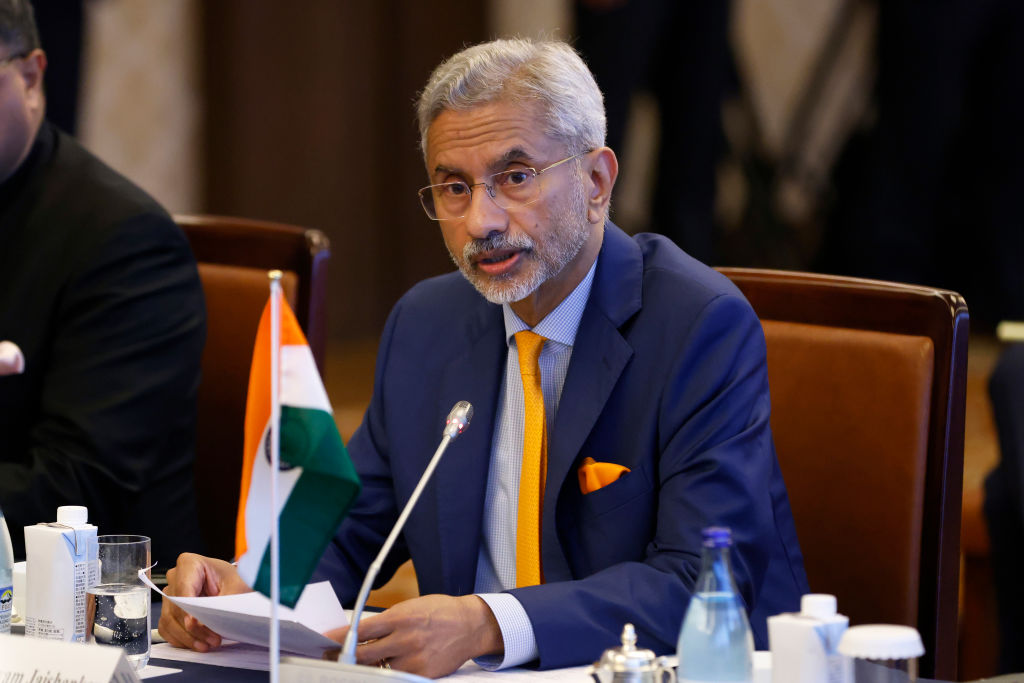External Affairs Minister S. Jaishankar informed the Rajya Sabha on Tuesday that India is closely monitoring the situation in Bangladesh, particularly the plight of minorities.
Addressing the Upper House about the ongoing crisis in Bangladesh, which escalated following Prime Minister Sheikh Hasina’s resignation and departure amid a violent student-led uprising, Jaishankar said that Hasina arrived in New Delhi the previous evening and that India had received a request from Bangladesh for flight clearance.
Jaishankar noted that the Indian government is in continuous contact with its nationals in Bangladesh through its diplomatic missions. “There are an estimated 19,000 Indian nationals there of which about 9000 are students. The bulk of the students returned in July,” he said.
Jaishankar explained that since the January 2024 elections, Bangladesh has faced significant political tensions, deepening divides, and growing polarization. These issues have fueled a student agitation that began in June, escalating into widespread violence, including attacks on public buildings, infrastructure, as well as traffic and rail obstructions.
“Throughout this period, we repeatedly counselled restraint and urged that the situation be defused through dialogue. Similar urgings were made to various political forces with whom we were in touch,” Jaishankar said.
Despite a Supreme Court judgment on July 21, protests continued to escalate. Various decisions and actions taken thereafter only worsened the situation, coalescing the agitation around a single demand for Prime Minister Sheikh Hasina to step down.
On August 4, the situation took a serious turn with intensified attacks on police stations and government installations, widespread violence, and arson targeting properties of individuals associated with the regime. Minorities, their businesses, and temples were also attacked in multiple locations.
“Attacks on police, including police stations and government installations, intensified even as overall levels of violence greatly escalated. Properties of individuals associated with the regime were torched across the country. What was particularly worrying was that minorities, their businesses and temples also came under attack at multiple locations. The full extent of this is still not clear,” Jaishankar said.
“On August 5, demonstrators converged in Dhaka despite the curfew. Our understanding is that after a meeting with leaders of the security establishment, Prime Minister Sheikh Hasina apparently made the decision to resign. At very short notice, she requested approval to come for the moment to India. We simultaneously received a request for flight clearance from Bangladesh authorities. She arrived yesterday evening in Delhi,” he said.
He emphasized that the situation in Bangladesh “is still evolving.”
Jaishankar also detailed India’s diplomatic presence in Bangladesh, which includes the High Commission in Dhaka and Assistant High Commissions in Chittagong, Rajshahi, Khulna, and Sylhet.
“It is our expectation that the host government will provide the required security protection for these establishments. We look forward to their normal functioning once the situation stabilizes,” Jaishankar said.
“We are also monitoring the situation with regard to the status of minorities. There are reports of initiatives by various groups and organizations to ensure their protection and well-being. Naturally, we will remain deeply concerned till law and order is restored,” he said.
Jaishankar also noted that India’s border security forces have been instructed to remain “exceptionally alert” given the complex situation. “In the last 24 hours, India has maintained regular contact with authorities in Dhaka.”
He appealed for “the understanding and support of the House in regard to sensitive issues regarding an important neighbour on which there has always been strong national consensus.”
(With ANI input)




















